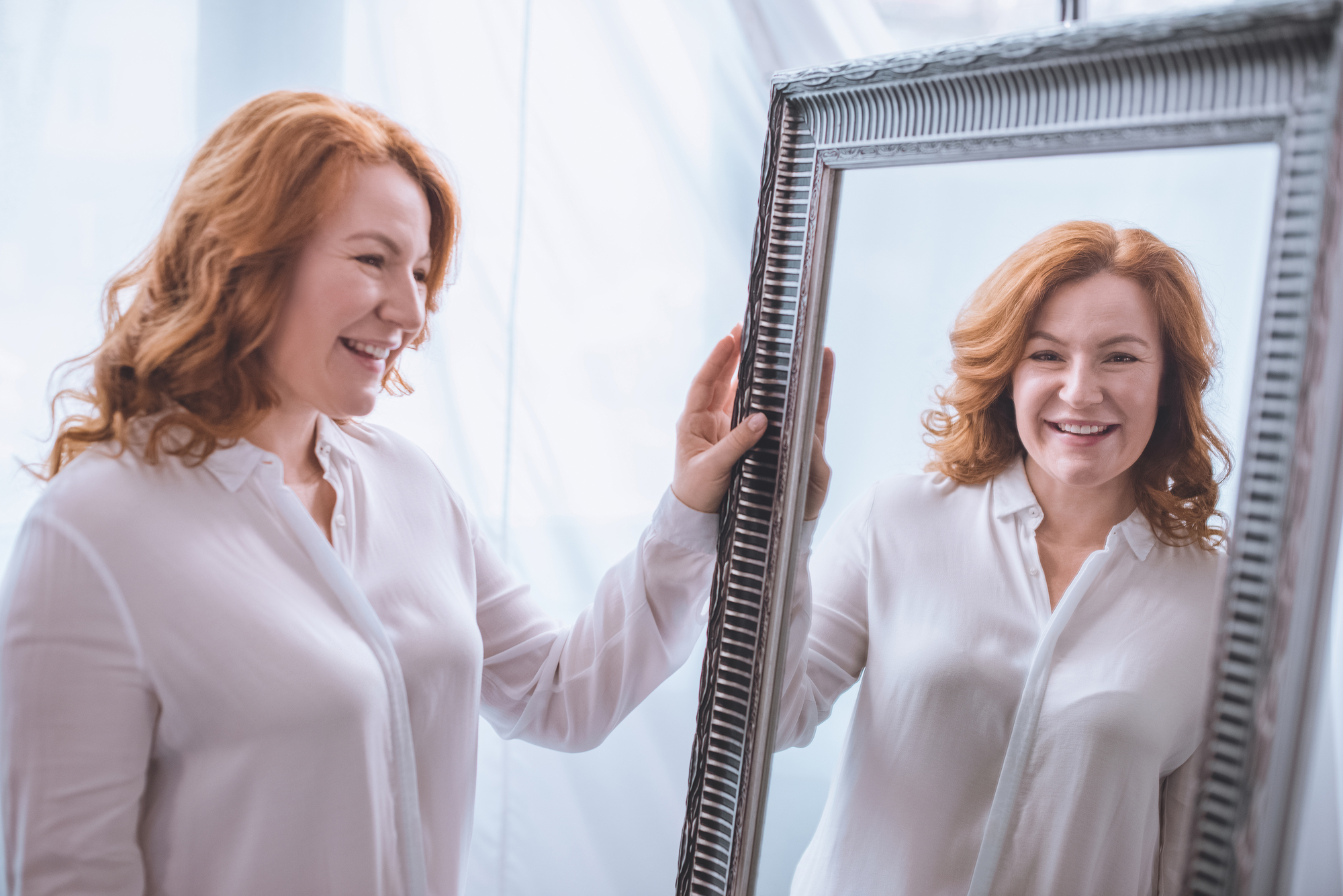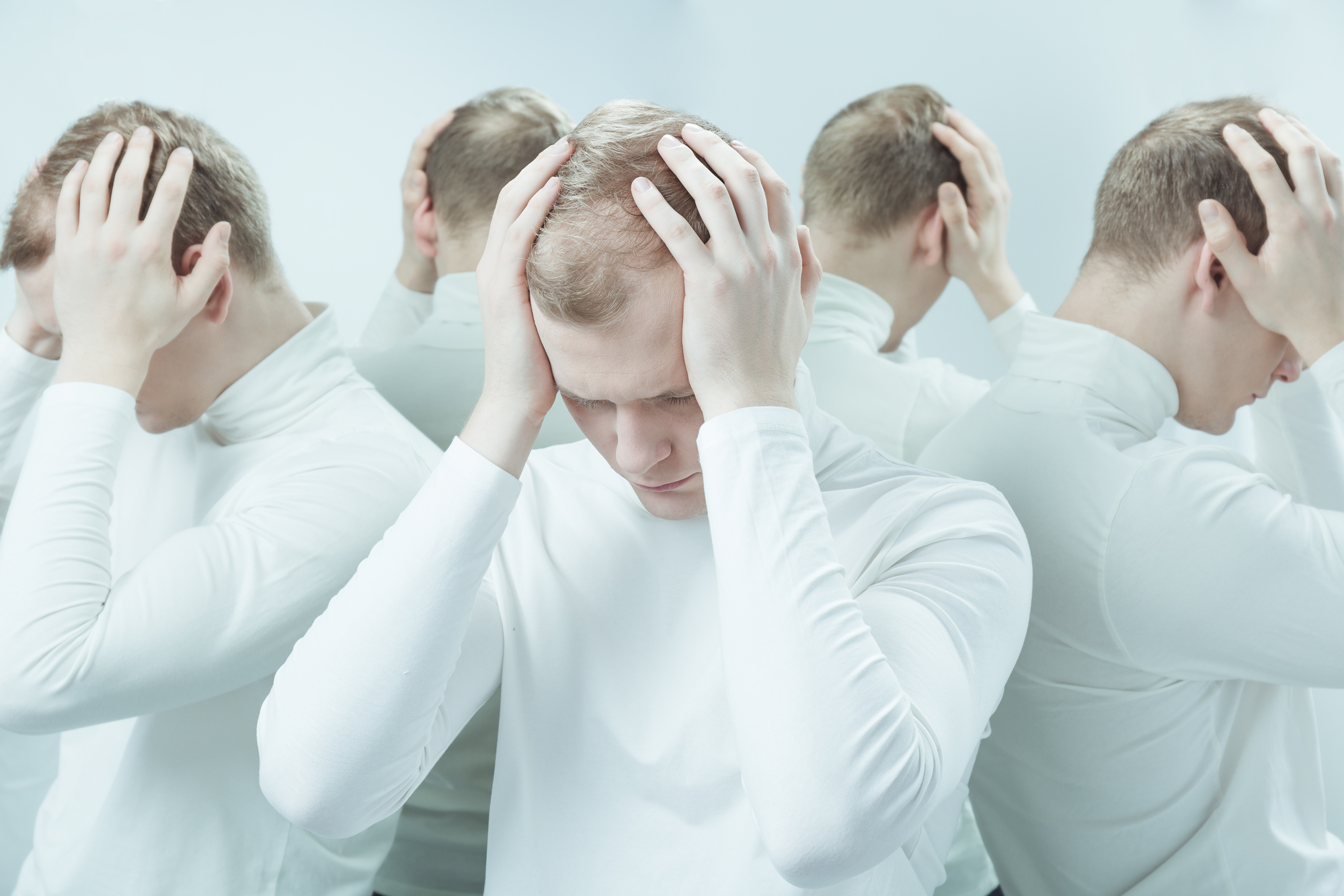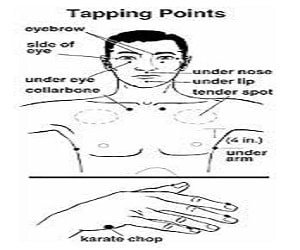Improving Self Esteem In Adults

You likely picked up this article looking for information on how to improve your self-esteem. If so, you are certainly not alone. For decades, self-esteem has been a hot topic and has been many research studies. Why is self-esteem important? What causes low self-esteem? How do you build your self-esteem as an adult? This article explores some of these questions and others related to self-esteem in adults.
What is Self-Esteem?

Self-esteem is regarded as an indispensable part of a happy, healthy life. It is how we view ourselves, our abilities, and our traits. It’s how we perceive ourselves and also think others perceive us. Self-esteem can be measured by how positively or negatively we evaluate ourselves as individuals, and it can vary from person to person.
Research shows that people with higher self-esteem have better life outcomes, including enhanced creativity, problem-solving abilities, and motivation, which often lead to tremendous success. It’s been linked to lower rates of depression and anxiety, as well as a longer life expectancy.
Why is self-esteem important?
Our feelings and thoughts about ourselves can contribute to our overall self-worth. Self-esteem isn’t just about how much you like your reflection in the mirror. It’s not just about how many times you tell yourself, “I’m awesome.” It’s not just about how many friends you have or how often they compliment you. Self-esteem is all of those things, but it’s more than that, too. It’s how we think about and interpret the world around us , that is why self-esteem is important.
It can be hard to build up your self-esteem. Still, it gets easier when you realize self-esteem is important because it has a significant impact on your life, like how you see yourself, how successful you are, who you hang out with, or even if you go for that promotion at work. It also impacts how you deal with problems in life.
What are the three types of self-esteem?
We all know that self-esteem is a powerful thing. It can make or break you, and it’s an essential part of our mental health. But did you know there are 3 different types of self-esteem?
-
High Self-Esteem
High self-esteem is when you love yourself and your life. You’re confident and secure. You love who you are and love where you’re going. Life is a dream come true!
It makes you bold enough to admit when you’re wrong or make a mistake, it’s just another opportunity to grow and learn. It will make you seek approval from no one because you will believe that your thoughts and opinions matter most.
It means that you are comfortable with who you are, that you like yourself, your personality, and your interests. It means that the way you look or the clothes you wear aren’t a measure of how happy you are with yourself (although if you feel good about those things, that’s great too!).
It’s not bragging! If someone has high self-esteem, it doesn’t mean they think they’re better than anyone else—it just means being happy with themselves and knowing they’re capable of a lot.
High self-esteem comes from feeling good about yourself, but it also comes from having realistic expectations and understanding your limitations. High self-esteem can be hard to come by, but when it does, so does happiness. Read more about the 7 benefits of high self esteem.
-
Fake Self-Esteem
People with fake self-esteem give the appearance of confidence and high self-esteem, but it’s all a ruse covering up deep insecurity. It is the kind of confidence you have in yourself when there’s nothing really to back it up.
Fake self-esteem can also be called phony high self-esteem, pseudo-self-esteem, or illusionary high self-esteem.
According to Perspectives on Psychological Science, fake high self-esteem correlates with narcissism and aggression because people with high fake self-esteem tend to focus more on power and control than empathy and compassion. In short, these people tend to care more about how they compare to other people than about how well they’re doing in life. This means that any perceived threat to their “superiority” is likely to make them lash out aggressively against others—even if those others are innocent bystanders!
-
Low Self-Esteem
Low self-esteem can mean many things, but it boils down to when you have a negative view of yourself. It might be triggered by certain situations, like if you’re at the beginning of a new relationship, if you’re in an unfamiliar environment, or if you’re meeting someone new. It might also just be something you’ve always felt, ever since you were little.
It’s not always easy to recognize that you have low self-esteem. You might think that feeling down about yourself is just part of who you are. But it doesn’t have to be!
There are several ways to recognize low self-esteem and they include;
- Feeling like you don’t belong anywhere
- Feeling like other people don’t like who you are
- Having trouble making decisions
- Worrying that other people think badly about you
Causes of low self-esteem

Low self-esteem is a serious problem that has been felt by people of all ages, genders, and backgrounds for decades. Below are some of the many possible reasons that could cause low self-esteem.
-
Social media
Social media puts pressure on us to look our best and be our best at all times, which can lead to low self-esteem if we don’t measure up to those standards. It’s easy to get caught up in comparing ourselves to others online. You can’t compare your real life with the best aspects of someone else’s life presented on social media. If you find yourself doing this regularly, make sure to close out of Instagram or Facebook for a while and focus on what matters: your self-esteem!
-
Environment.
If you grew up in a highly competitive household or were frequently bullied as a child, these experiences can lower your self-esteem and make you feel this way as an adult. But even if you had an idyllic childhood, it could be something as simple as the people around you. If the people at work are constantly asking for more from you and putting pressure on you to do your best, it might bring down your self-esteem over time.
-
Victim of bullying.
Most bullies target those they perceive as “weaker” than they are. This can happen at any age and environment, so it’s no wonder that low self-esteem is so common among those who have been bullied.
-
Too many negative comments.
Suppose you’re constantly hearing negative comments from loved ones or acquaintances. This is especially true if you’ve listened to such comments since childhood—it’s almost impossible to shake the feeling that you’re not good enough if that’s what you’ve been told for your whole life!
-
Having your abilities questioned by someone you admire or look up to.
When we admire or respect someone, we often put them on a pedestal or assume they’re never wrong about anything. So when they question our abilities can have a devastating effect on how we feel about ourselves.
10 Tips on how to build self-esteem as an adult
-
Take responsibility for your life.
When you take responsibility for your life, you’re making space in your brain and heart to believe in yourself and your potential as a human being. You’re saying, “I am worth something, and I deserve to live my best life.” But taking responsibility goes beyond that—it means actively seeking out the positive experiences you want and deserve. It means changing or eliminating the things in your life that aren’t serving you. It means getting rid of toxic relationships or jobs that make you feel less than so that you can live with more freedom and joy.
-
Positive self-talk
By learning how to talk to yourself positively, you can change your entire outlook on life, improve your health and wellness in all areas, and positively impact all of your relationships (both personal and professional). Of course, it’s not always easy to do—especially if you’re used to being hard on yourself and telling yourself all the things you’ve done wrong. Let’s take a look at some of the benefits of positive self-talk for adults and then talk about how you can make it a regular part of your life.
-
Practice self-care
There are many ways to practice self-care, but most of them involve doing something for yourself that makes you feel good—and no one can tell you what that is because it’s different for everyone. For some people, it’s buying a new pair of shoes; for others, it’s getting a massage or facial or manicure. While for some, it’s taking an extra-long bath after a long day at work when the kids are finally asleep; for others, it’s taking time to read their favorite book every night before bed; some people find relief in exercise or meditation.
The best way to make sure everyone is happy and fulfilled is to start by being comfortable and fulfilled. That’s where self-care comes in.
-
Journal your accomplishments
An excellent way to combat this tendency is by journaling your accomplishments each week. It’s a simple way to take stock of your progress and celebrate your hard work. And in turn, journaling your accomplishments can help boost your self-esteem and inspire you to keep moving forward. Journaling your accomplishments as an adult can be a powerful way to build self-esteem. This is especially true if you’ve been through difficult times or have had a tough time believing in yourself.
-
Develop a list of positive qualities and strength
One of the most important things you can do to build your self-esteem as an adult is to focus on what you like about yourself and develop a list of positive qualities. These aren’t just the traits that you were born with. They’re also the strengths and skills that you’ve developed over the years, as well as any interests or hobbies that you enjoy. You can use this as a reminder that we are unique and worthy of unconditional love, so take some time to make that list.
-
Stop comparing yourself with others.
However, when you frequently compare yourself to others, it can lead to insecurity and low self-esteem. The act of comparing yourself to others can chip away at your self-confidence and put a strain on your relationships. You must curb the comparison habit before it takes over your life!
-
Hang out with positive people
Hanging out with positive friends is helpful because the more you spend time with upbeat and supportive friends, the more likely it will be that you’ll feel uplifted and inspired by their positivity. By surrounding yourself with positive people, you’ll quickly learn to see the bright side of things and be empowered by their confidence in you. Your friends will help you believe in yourself more and give you a boost when you need it most.
-
Let go of perfectionism.
Perfectionism is one of these issues. Although it often affects young people, it can also be a major problem in adulthood. This can have a profound effect on your relationships and personal well-being.
-
Use daily affirmations
Daily affirmations are statements you repeat to yourself to change how you think about a situation or yourself. You can use them for anything from changing a negative thought pattern about a specific situation to motivating you toward a goal. When it comes to using daily affirmations to combat feeling bad about yourself, they can be especially effective when applied regularly over time.
-
Reward your achievements
Rewarding yourself for a job well done is the best way to build self-esteem. If you can do it as a child, you can do it as an adult. Maybe when you were young and behaved well, your parents rewarded you with a trip to the zoo or a new toy. But how often do you reward yourself as an adult?
A reward is something that celebrates an achievement or milestone; a treat is something that makes you feel good at the moment but isn’t tied directly to an accomplishment.
Take the self esteem test!!
Final Thoughts
The importance of healthy self-esteem in adults cannot be over-emphasized. A feeling of worth that is positive, realistic, and fair does much to help your sense of self-worth. Self-esteem measures how you feel about yourself, indicating your overall wellbeing. Improving self-esteem in adults is not only beneficial for their unique skillset and emotional wellbeing, but it has a significant impact on other aspects of their lives too.
The best way to raise your self-esteem is to believe in yourself! The best way to get through anything is to find a positive way to look at it. Be kinder to yourself than anyone else would ever be, and know /that you are worth it!. Read more about the 5 Factors that affect self esteem in adults.






